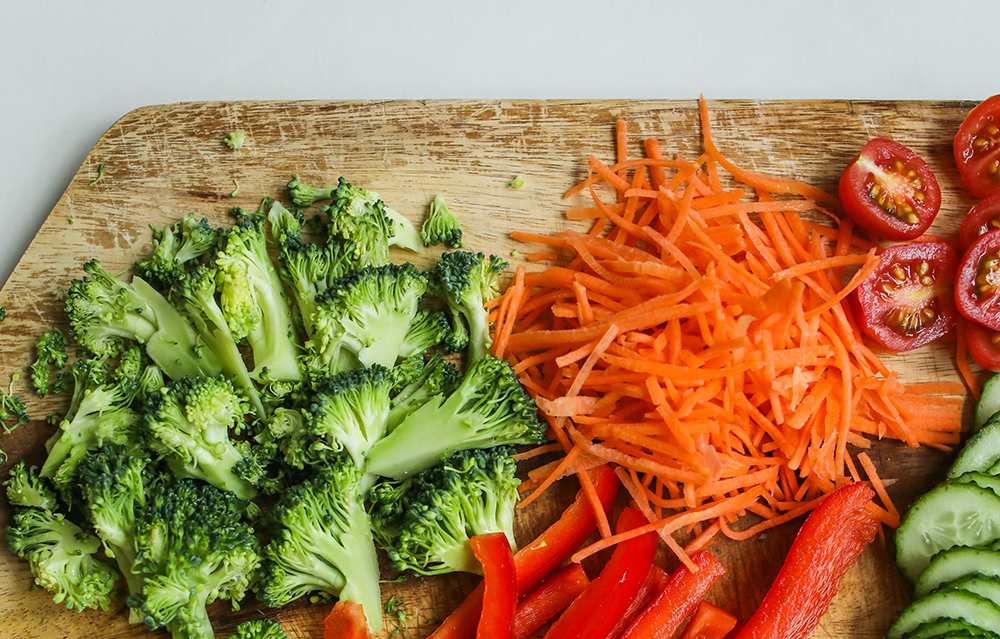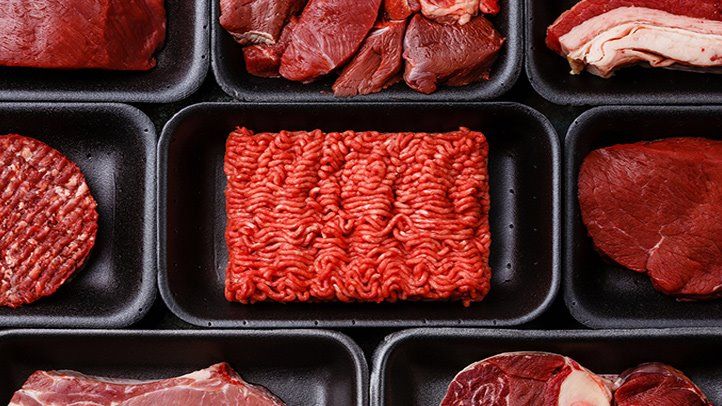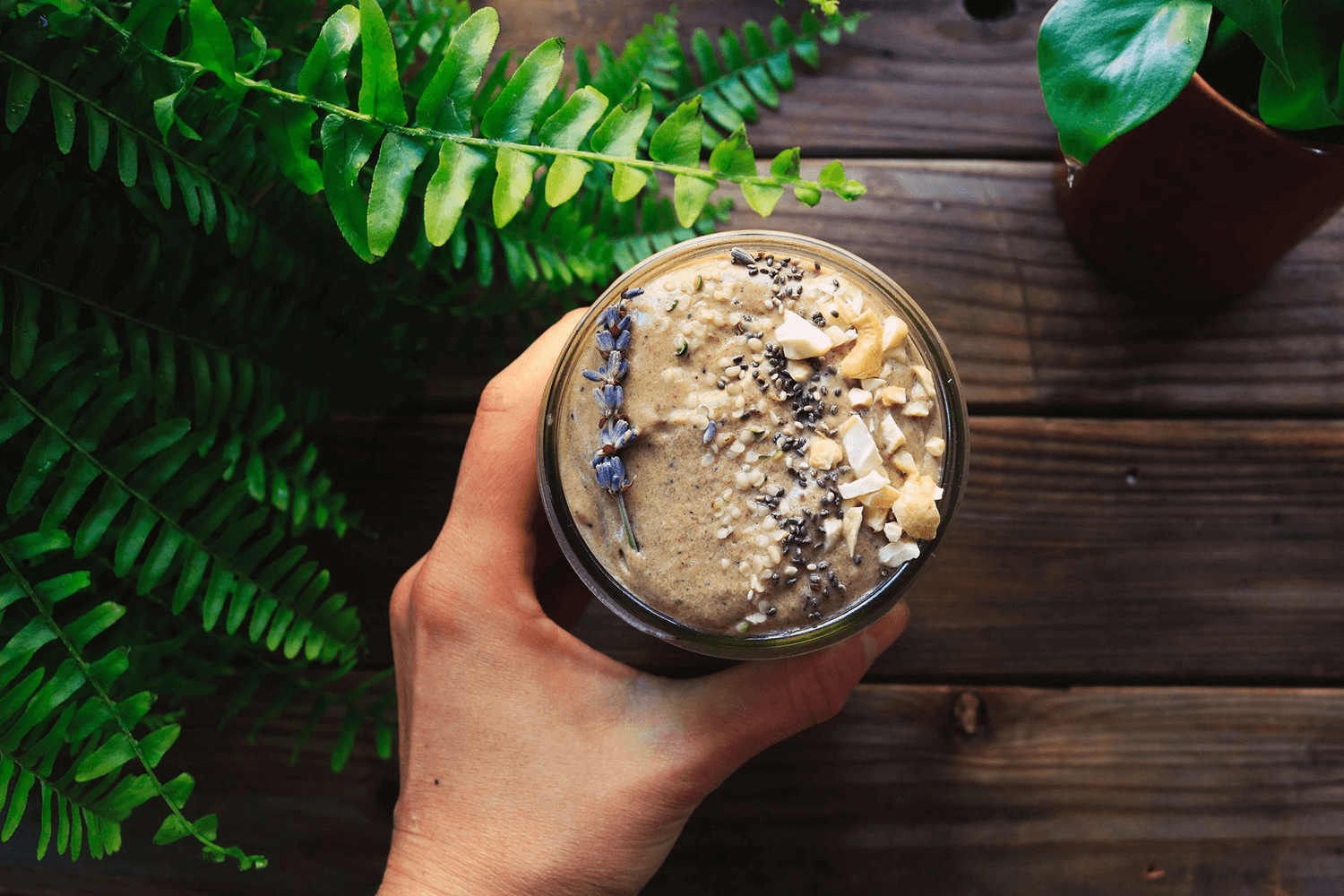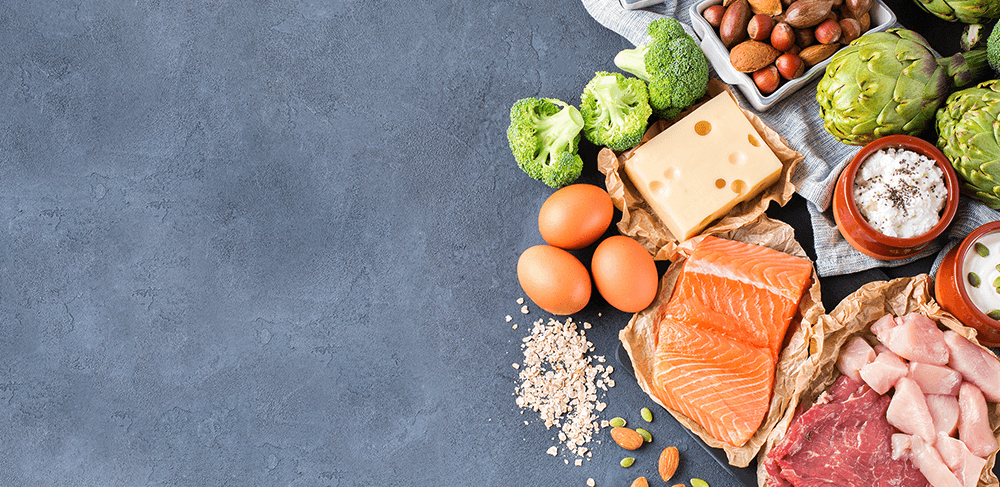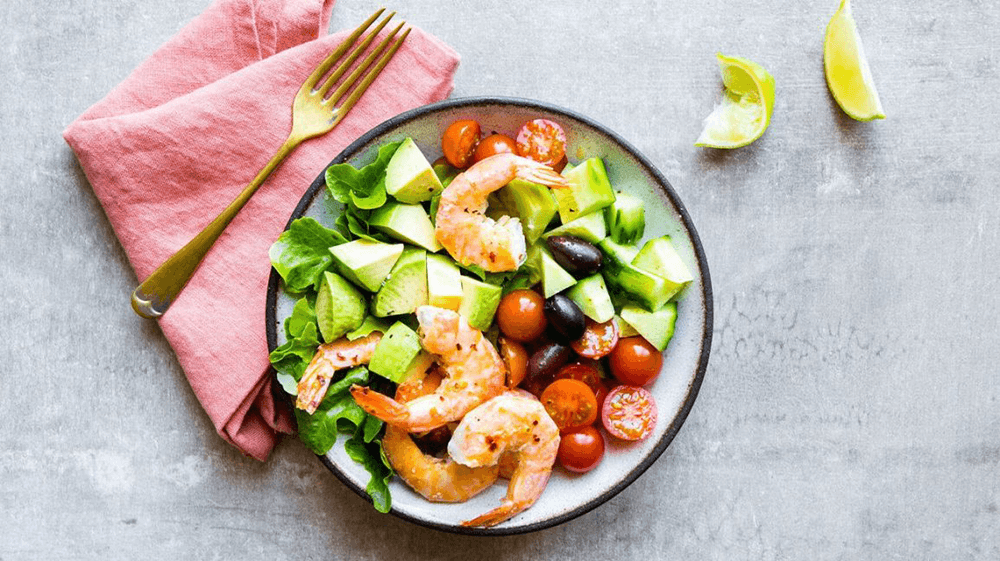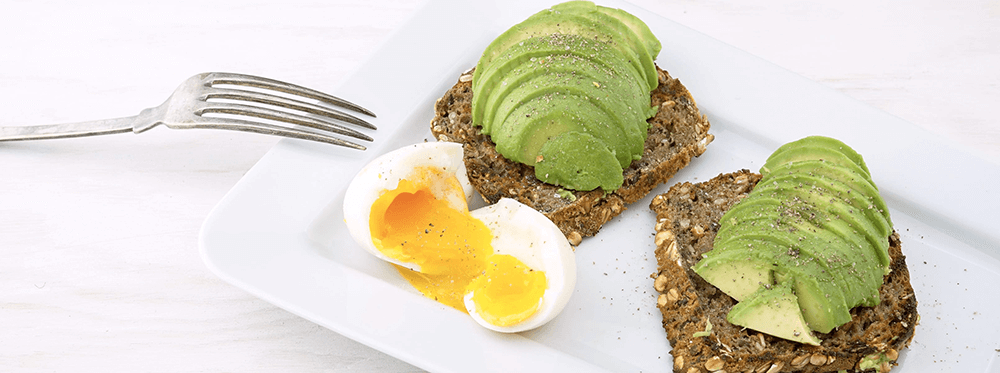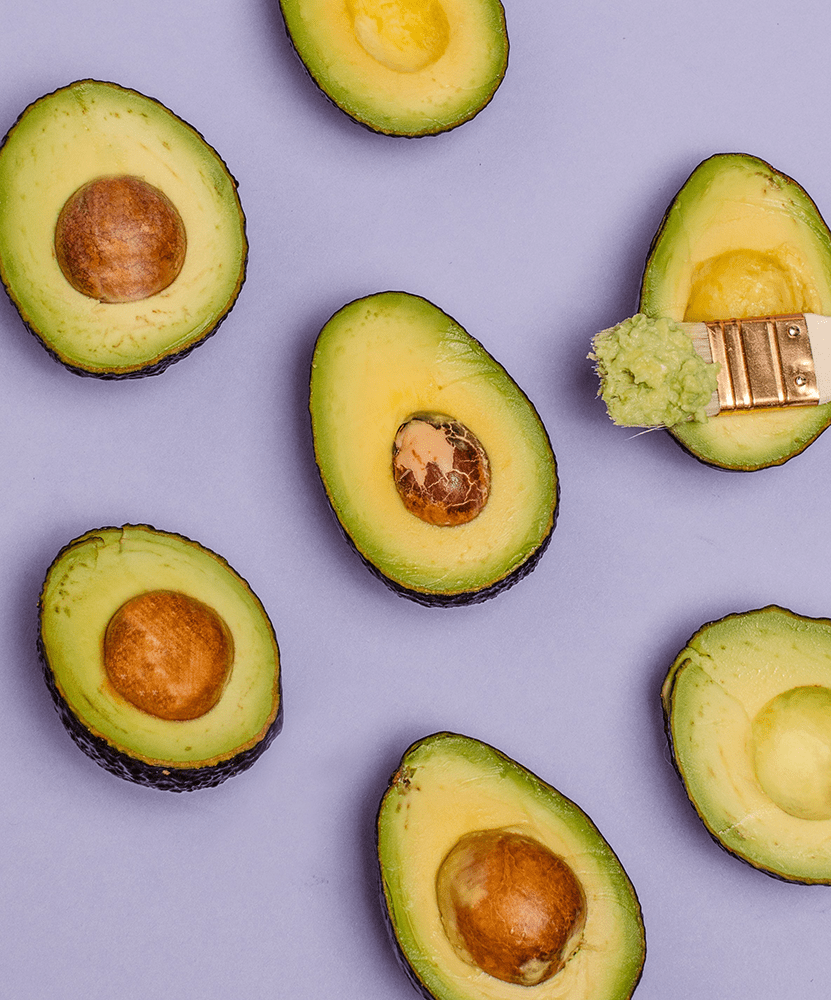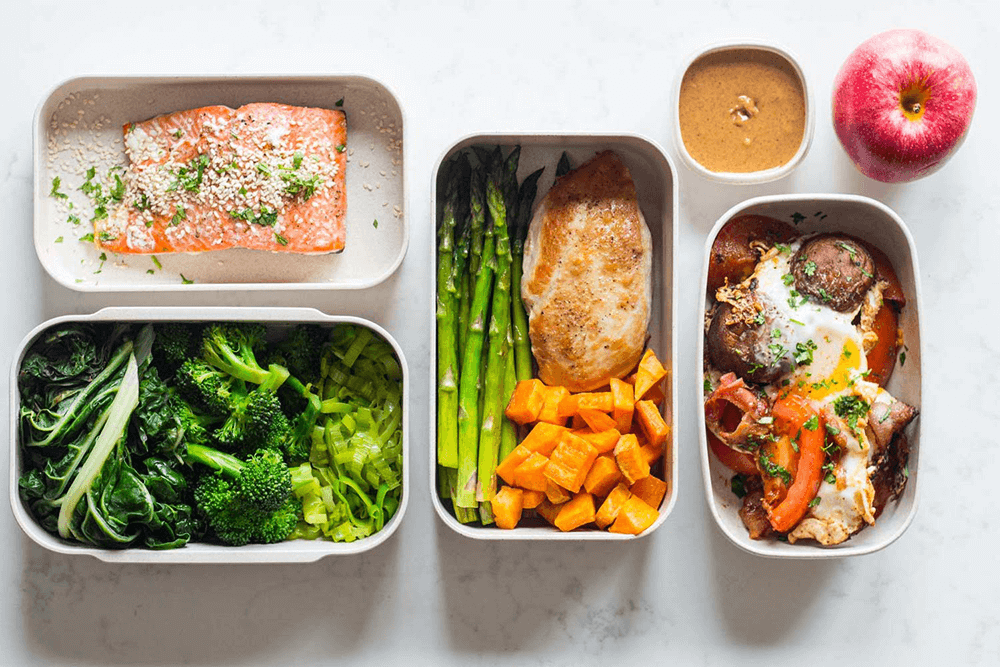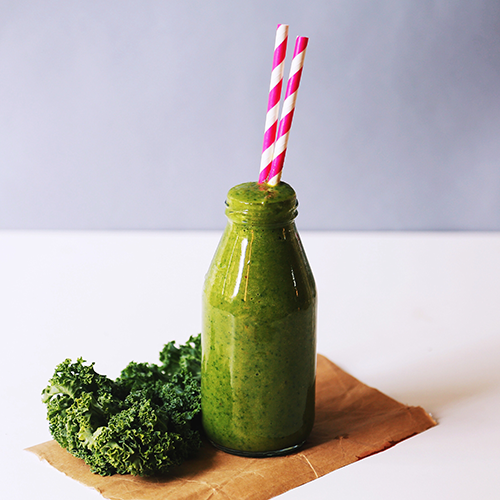For bariatric patients, a low-carb diet is the most recommended way of eating to lose weight and maintain your weight loss after bariatric surgery. Hopefully, you have learned the importance of a low-carb diet at your bariatric program. However, if you are searching for resources online about getting started, this is a great place to look.
Carbohydrates are naturally occurring sugars, starches, and fibers found in food products. Like fats and protein, carbohydrates are a macronutrient, meaning a nutrient that must be consumed in relatively large amounts as fuel for the body. In fact, you may have heard that carbs are the body’s primary source of energy. So if carbs are so highly praised, why would you want to follow a low-carb diet after weight loss surgery?
Types of Carbohydrates
First, it is important to understand the role carbs play in the body and the different types of carbs. All carbs fall into one of two categories – simple versus complex. The main difference between these two types of carbs is their chemical structure and how easily they are absorbed.
Complex Carbs
Complex carbs are those starchy, high-fiber foods that contain vitamins and minerals. They are known as the “good guys” and provide sustained energy levels compared to their counter-part, simple carbs.
Simple Carbs
Simple carbs are almost always bad for you (except in cases where you need additional energy before endurance events) as they contain only one or two forms of sugar and no vitamins or minerals. The body easily and quickly processes simple carbs as sudden bursts of energy. Your body does not become full for long after eating these “empty calories.”
The consumption of simple carbs can also lead to a sudden spike in blood sugar levels, which can be dangerous for people with diabetes who need to maintain their blood glucose. When the blood sugar levels increase, the pancreas produces more insulin, which promotes fat storage. If you are not using the increased glucose levels through exercise, it will turn into fat and can cause weight gain. That is why studies have linked simple carbs (high-glycemic foods) to medical conditions such as diabetes, obesity, heart disease, and cancer.
Low-Carb Diets
After bariatric surgery, when we refer to a low-carb diet, we refer to the consumption of 50 to 75 grams of carbs a day. However, other websites categorize low-carb based on the following parameters:
Very low-carb: 20–50 grams of carbs per day
Low-carb: 50–100 grams of carbs per day
Moderate-carb: 100–200 grams of carbs per day
Although it can be tempting to follow a very low-carb diet and significantly restrict your carb intake to speed up your weight loss, we recommend taking it slow to ensure you maintain a healthy energy level. Also, you will want to customize your grams of carbs each day based on your activity levels as well as your body composition.
How to Incorporate a Low-Carb Diet Into Your Lifestyle
Transitioning your lifestyle to follow a low-carb diet can be challenging if you haven’t prepared and created a nutrition plan. When eating low-carb, the first thing to remember is to avoid simple carbs (cakes, cookies, chips, etc.) and non-starchy vegetables (potatoes, corn, squash, etc.). You want to fill your fridge with lots of vegetables, protein, and dairy options.
Most registered dietitians praise the consumption of all fruits and vegetables. However, patients looking to lose weight must watch out for the carb count within fruit. We suggest bariatric patients stick to berries and melons as they are the best options.
Some great low-carb options to pick up at the grocery store are below:



